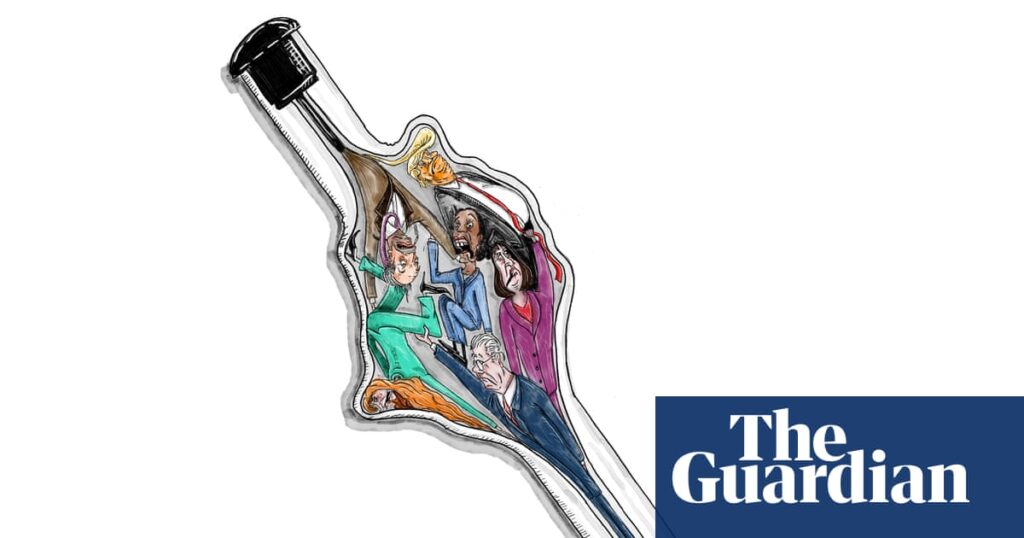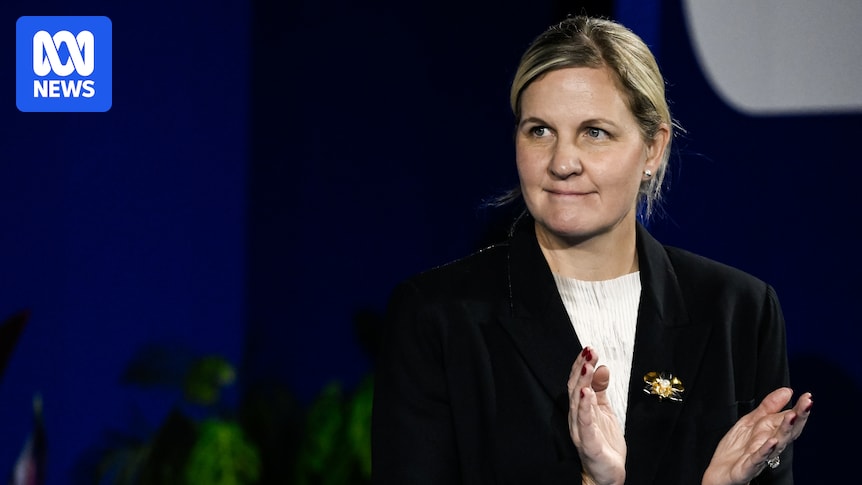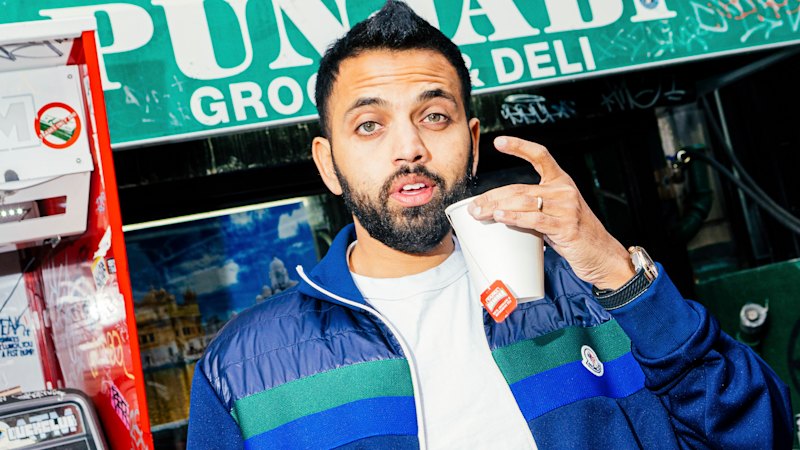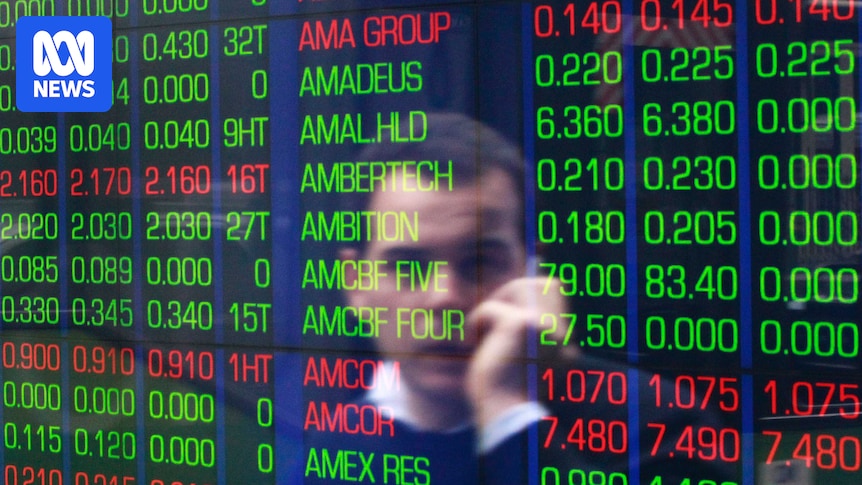
I feel I should probably start with an apology. A few days after the 2024 general election, I wrote that it felt as if the grownups were back in charge. It wasn’t as if I was carried away by the vision of Keir Starmer or the charisma of Rachel Reeves. More that I felt we had regained a basic level of competence. That politics would become business as usual rather than the breathless psychodrama of the past 10 years. You could go to bed at night relatively confident that the country would be more or less recognisable when you woke up. There would be no more mad people doing mad things as we raced through five or six news cycles in the course of a couple of hours.
And part of me was a little concerned. Because what is good for economic stability and social justice isn’t necessarily good for a sketch writer. Dull, well-intentioned politicians putting in place dull, well-intentioned policies, and a government that is ticking over more or less OK, do not necessarily make for great entertainment. So what would I write about?
It turns out that I needn’t have worried.
From Conservative Decline to Labour’s Challenges
For the last year of the Conservative government, it felt as if Westminster was demob happy. There was no real jeopardy. Everyone knew what was coming next. There would be a general election at some point in 2024 and the Tories would lose. Not because there was a great outpouring of love for Starmer’s Labour but because after 14 years of austerity, Brexit, Partygate and Liz Truss, everyone was sick to death of the Conservatives. People wanted change. So nothing the Tories did in that final year was of any real consequence. We could all sit back and enjoy the ride while having a laugh.
It was Rishi Sunak’s bad luck to be prime minister in the dog days of a Tory government that had long since run out of ideas. Most politicians, Sunak included, are control freaks. They like to think they can make a difference, can bend reality to their will. But the one thing they can’t control is their own space-time continuum.
“Fail. Fail again. Fail better.”
Sunak’s tenure was marked by a series of unfortunate events and missteps. Almost everything he tried fell apart in his hands. There were his five pledges. “Judge me on them,” he said. And we did. Only one of them – to halve inflation – was delivered. And that one had very little to do with him. The fall in inflation was more a global trend from which he benefited.
Labour’s Rocky Start
The first inkling that the new Labour government might also be accident-prone came early on with the freebies row. Starmer had campaigned on the slogan that Labour would be squeaky clean. No more Tory sleaze. Starmer helping himself to a few suits and extra pairs of glasses and Reeves enjoying corporate hospitality at a Sabrina Carpenter concert might not be up there with Partygate or dodgy PPE contracts, but it was not a good look.
As head of the first Labour government for 14 years, Starmer knew he would be under scrutiny from the media. This was Politics 101. And yet he and the chancellor couldn’t resist. When most of the country was still struggling with low growth and a cost of living crisis, they were getting the perks. One rule for them, another for us.
It was a similar story a year or so later when Angela Rayner was found not to have paid the correct stamp duty on a flat in Hove. Now I’m sure the trust arrangements were complicated, but you would expect a deputy prime minister and housing secretary to go the extra mile to make sure everything was correct. That error cost Rayner her jobs and took one of the few Labour politicians who can connect with Labour voters out of the frontline. Just when she was needed most.
Policy Missteps and Public Perception
Then there were the policy announcements and the budget. A Labour government that didn’t look much like the Labour government that voters had given a landslide majority. There was a lack of confidence in the administration. As if all its energy had been spent on winning an election it was always going to win, and no one had thought of what they would do when they were in office.
The removal of the winter fuel allowance. The pointless fight with the farmers over inheritance tax. The welfare bill designed to remove payments to hundreds of thousands of vulnerable people. A bill that was then hollowed out because of backbench rebellions while the government tried to pretend that nothing had really changed. The increasingly rightwing rhetoric on immigration. The “island of strangers” speech. The fanfare surrounding the return of one asylum seeker to France only for him to find his way back to the UK within a month. All this rather drowned out what good news – hospital waiting lists coming down – there was. It seemed as if Labour was lurching from one crisis to the next.
Mostly, though, you couldn’t escape the feeling that Starmer just wasn’t very good at politics. That No 10 had no control of the news grid and were waking up each morning just as surprised as we were that the country was falling apart.
The Future of British Politics
But never let it be said that the Tories aren’t doing their bit to liven up British politics. Since the election they seem to have positively embraced their own descent into irrelevance. However unpopular Labour are with the public – current opinion polls have them on less than 20% – the Conservatives can still go lower. For now, at least, Kemi Badenoch is still their leader – she has been in post for just over a year – and looks relatively secure. Not even Robert “Honest Bob” Jenrick is mad enough to want to become leader given the current state of the party. At least, I don’t think he’s quite that mad. Watch this space.
I’m quite happy with Badenoch. She’s never less than entertaining. Like many politicians, she seems to have no idea that she’s nowhere near as competent as she thinks she is. That reality gap is always fertile territory. Some of her performances at prime minister’s questions have been thrillingly useless. But more than this, she is always in a permanent state of fury and exasperation. It’s almost as though she wakes up in the morning, sees her reflection in the mirror and picks a fight with herself.
This new parliament has seen the rise and rise of Reform. Nigel Farage is adamant his party adopts a “one in, one out” policy. Which is why he has lost two of his MPs and gained the driven-mad-by-the-sight-of-black-people Sarah Pochin and the gullible Danny Kruger. Reform are now more than 10 points ahead and, if the polls remain the same, look set to win the next election.
Just who would make up Farage’s cabinet is anyone’s guess. Presumably either a bunch of MPs who had only just won their seats and had no experience of anything, or he would appoint outsiders to the Lords who would be prevented from being able to appear in the Commons. It seems that Richard Tice is being groomed to be chancellor. Principally because he is in possession of a small fortune. Mainly because he started with a large one. As for Farage, he is currently trying to reposition himself from insurgent to mainstream politician. By ditching all the promises he made in his manifesto at the last election. I am watching him like a hawk.
Meanwhile, Starmer is on a mission not to do anything that might upset Agent Orange. The recent press conference at Chequers during the president’s state visit was a case in point. I sat there gobsmacked as Trump claimed to have ended eight global conflicts, including one between Albania and Azerbaijan – which will have come as news to both countries, as they didn’t even know they were at war with one another – and then said he had never heard of or met Peter Mandelson. Starmer just stood there and nodded. Either I’m going mad or he is.
Lucky us to have such politicians in such an uncertain world. It’s hard to think of how things could have gone any better.







